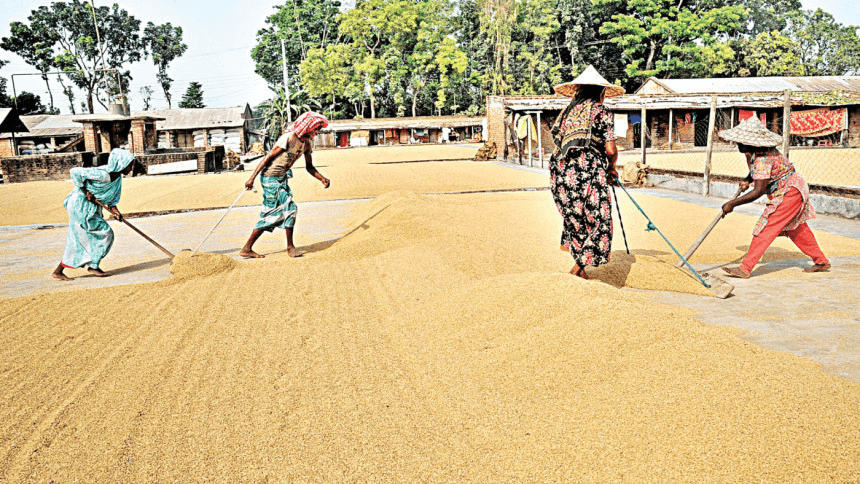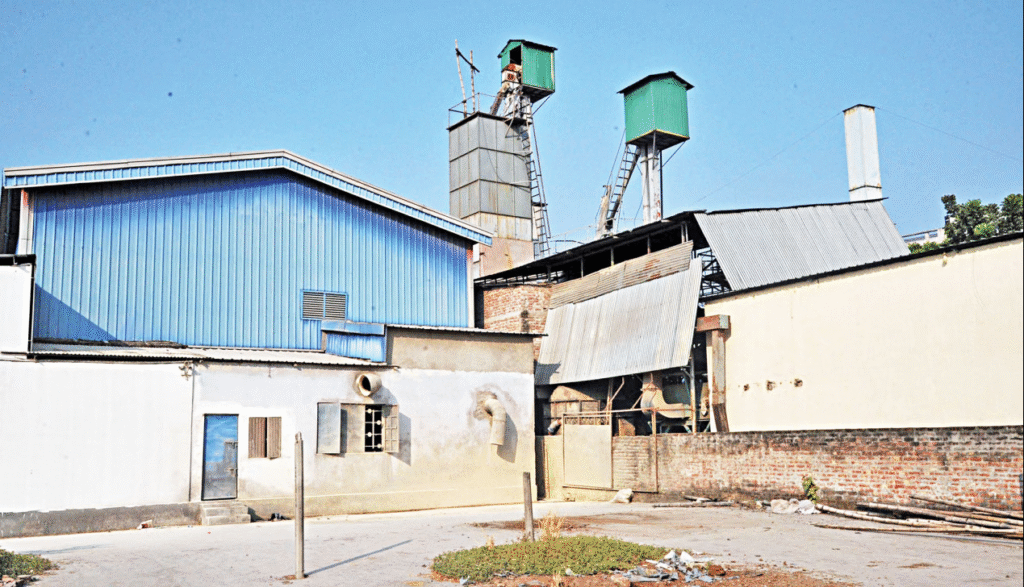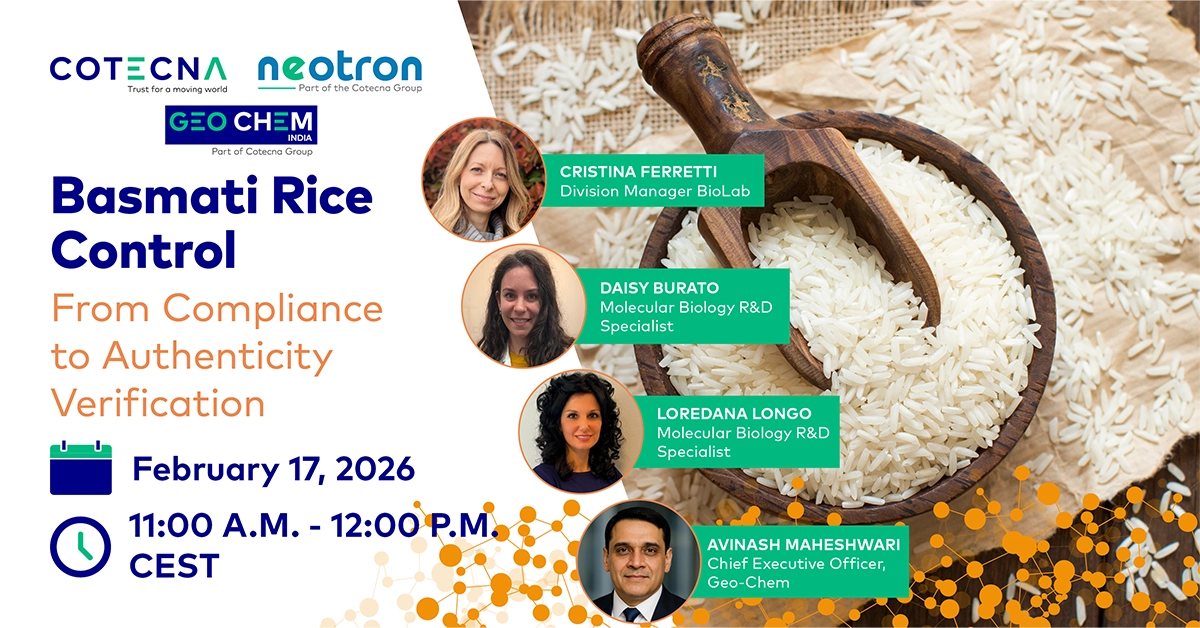Tags
Govt steps in to spread rice mills more evenly across country
Sukanta Halder

New automatic rice mills will now need a no-objection certificate as the government seeks to spread them more evenly across the country.
Although paddy is grown in nearly all of the 64 districts of Bangladesh, most of the 8,000 to 8,500 auto rice mills are clustered in the northwestern districts of Dinajpur, Bogura, Chapainawabganj, Naogaon and Kushtia.
Around 40 percent of all mills are located in these areas, said HR Khan Pathan, general secretary of the Bangladesh Auto Major and Husking Mill Owners Association.
In contrast, districts such as Sunamganj, Nilphamari, Bhola and Satkhira, which also cultivate rice, have very few or no mills at all.
Md Masudul Hasan, secretary at the Ministry of Food, said that multiple mills have been established within the same localities in some districts, while neighbouring areas with sufficient demand have none.
This imbalance, he said, increases transportation time and costs for moving paddy and rice between regions and results in greater wastage during production.
On October 20, the food ministry issued a notification saying that all new rice mills except hand-operated ones would require a non-objection certificate from the ministry. The approval will be granted after verification and based on recommendations from a designated committee.
This has been introduced to address what the ministry describes as a lack of coordination between mill development and paddy production across regions.

However, many mill owners said they had not been consulted before the decision was made.
Hasan said the excessive concentration of mills in certain areas has deprived farmers of fair prices for their paddy.
He added that it has also contributed to environmental pollution, higher waste generation, and strain on electricity and water supplies, disrupting ecological balance and regional development.
To address these issues, the government introduced the new requirement to promote balanced growth in the rice milling sector, said the food secretary.
He said the goal is to promote food security, protect the interests of farmers, stabilise the rice market, protect the environment and ensure sustainable industrial management.
The central assessment committee includes representatives from the ministries of food, agriculture, land, power, energy and mineral resources, and environment, along with the Food Safety Authority.
When an application is submitted to set up a rice mill, the committee will direct the Food Planning and Monitoring Unit to collect detailed information.
This will include data on existing mills in the proposed area and nearby regions, annual paddy production, current processing capacity, transport links to district headquarters, and land details from the relevant assistant commissioner.
The committee will also assess electricity and water availability, transport costs, potential benefits for local farmers, employment generation, and effects on residents’ daily lives. It will check whether the proposed mill is a safe distance from residential zones and whether waste management measures meet environmental standards.
Based on these findings, the committee will recommend the maximum number of rice mills that may be established in each district, sub-district or municipality, considering factors such as paddy output, market demand, electricity supply, transport infrastructure and available land.
Its recommendations, along with a formal opinion on the proposed mill, will then be submitted to the food secretary.
Only after receiving the no objection certificate can applicants apply for further licences from agencies, including the Department of Environment, Bangladesh Standards and Testing Institution (BSTI), the Power Division and the Fire Service.
KM Layek Ali, senior vice-president of the Bangladesh Auto, Major and Husking Mill Owners Association, criticised the government for not consulting stakeholders before announcing the new rule.
“We were not informed, invited, or given a chance to share our views. If laws are made for us, we should at least have the right to know and speak,” he said.
Ali added that while the government’s goal of balancing rice mill distribution with paddy production might appear reasonable, the absence of dialogue undermines democratic practice and stakeholder trust.
https://www.thedailystar.net/business/news/govt-steps-spread-rice-mills-more-evenly-across-country-4019866Published Date: October 27, 2025







